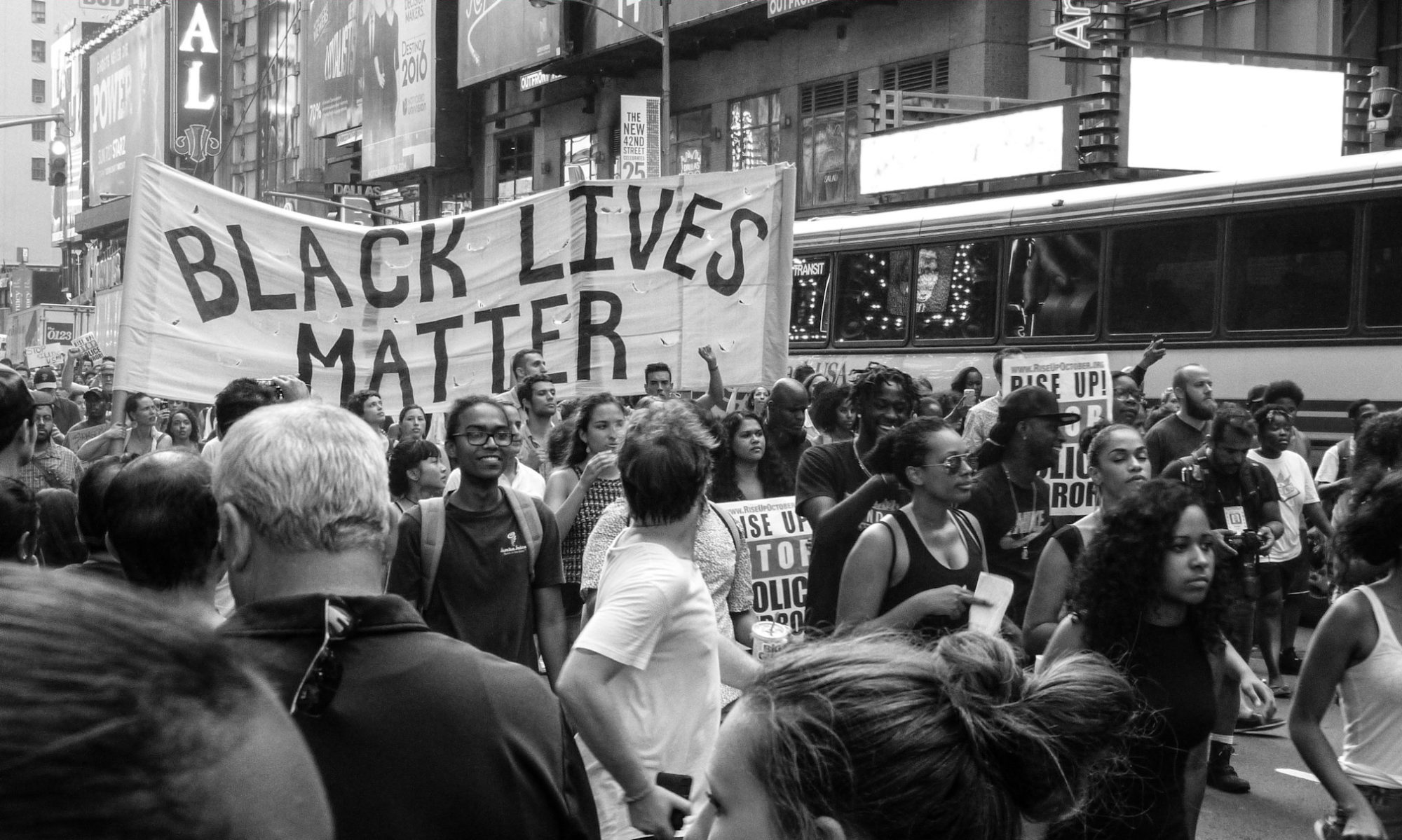In response to the detention for over 90 days of student leaders Wasantha Mudalige and Galwewa Siridhamma Thero, under the draconian Prevention of Terrorism Act (PTA), Thyagi Ruwanpathirana, Amnesty International’s South Asia Regional Researcher, said:
“The continued targeted persecution of student leaders in Sri Lanka has a chilling effect on civil society and the right to protest. The baseless terror charges against Wasantha Mudalige and Galwewa Siridhamma Thero must be immediately dropped and any extension of the detention order must be stopped.”
The baseless anti-terror charges against Wasantha Mudalige and Galwewa Siridhamma Thero must be immediately dropped and any extension of the detention order must be stopped.
Thyagi Ruwanpathirana, Amnesty International’s South Asia Regional Researcher
“The use of counterterrorism charges against protesters is excessive and disproportionate, yet they have time and again been used by the Sri Lankan authorities against critics and minorities to silence dissent. Detaining protesters under counterterrorism charges is a clear violation of the rights to freedom of expression and peaceful assembly guaranteed by the Constitution of Sri Lanka and the International Covenant on Civil and Political Rights, to which Sri Lanka is a state party. International human rights law requires that counterterrorism laws must not be used to criminalize those who either organize or participate in peaceful assemblies.”
“The Sri Lankan authorities must repeal the PTA, which does not meet international human rights standards, and must uphold their already stated commitment to end its use. The authorities should immediately review the detention of all those held under the PTA, ensuring adequate access to fair bail hearings. They should also release all protesters facing similar charges that do not meet international standards.”
International human rights law requires that counterterrorism laws must not be used to criminalize those who either organize or participate in peaceful assemblies.
Thyagi Ruwanpathirana
Background:
Sri Lankan student leaders Wasantha Mudalige, the convener of Inter University Students’ Federation and Galwewa Siridhamma Thero, the convener of Inter University Bhikku Federation have been detained by the Sri Lankan authorities since 18 August 2022. They had their detention extended for 90 days on 21 August 2022 under the draconian Prevention of Terrorism Act (PTA) amidst an ongoing crackdown on protesters by the authorities.
Their family members and lawyer have raised concerns about their safety and deteriorating health while in detention. Amnesty International has issued an Urgent Action on the arbitrary detention of the student leaders.
Amnesty International has previously documented the crackdown by the Sri Lankan authorities on protesters who now face intimidation, harassment and arrest. The suppression of protest and the rights to freedom of peaceful assembly, movement and expression must stop and the government must protect the right to protest.
The post Sri Lanka: Drop terror charges against student leaders detained for 90 days appeared first on Amnesty International.
